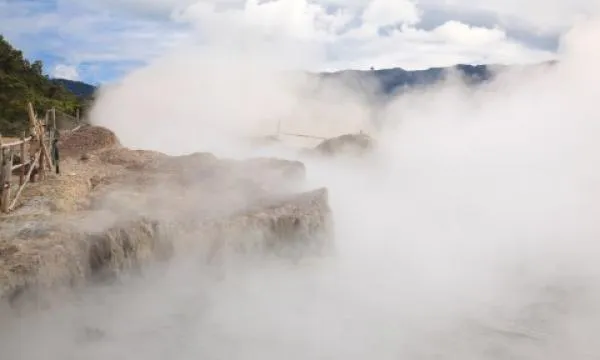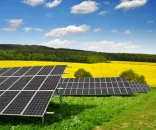
Indonesia's geothermal sector gains from new renewable pricing policy
Over 6GW of the country’s geothermal projects are in the pipeline.
Indonesia’s geothermal sector stands to benefit from a presidential regulation on renewable energy pricing that is being prepared, aiming to gain the investors’ trust in the clean energy sector, according to GlobalData.
Renewables formed 6.8% of the country’s overall installation by the end of 2019, out of which geothermal accounted for 45.2%. Furthermore, over 6GW of geothermal projects are in the pipeline in the nascent or advanced stages of the development.
Ankit Mathur, practice head of power at GlobalData, commented that there exists a large potential of power from geothermal sources in Indonesia, with the country’s geographic location in the region showing high tectonic activities.
“Much of the 29GW+ estimated geothermal resources remain untapped and hence, with more structured policy initiatives and investments the segment could witness rapid expansion,” Mathur said.
Mathur added that, with appropriate pricing, the interest of the developers in geothermal would help expand the clean energy base, which in turn would help the country in achieving a sustainable generation mix in the future.
However, with the high risk and investment in the development of environment-friendly geothermal power plants, Indonesia plans to reimburse exploration costs and incentives for the advancement of geothermal infrastructure.
The report noted that the government has provided incentives so the cost of renewable energy would likely be affordable for the public whilst still being economically feasible for the developer. Provisions such as price-competitive auctions, low local content requirement and US$ indexation to the tariffs may also stimulate the fast pace of the renewable expansion.
With its policy intent and historical developmental experience, Indonesia is expected to represent around 60% of the new installations in the Asia-Pacific by 2025.
“The increased inclination from the Indonesian government towards the development of the geothermal sector through conducive policy environment, public private partnership model and installation of power evacuation infrastructure at geothermal resource location is the key for wider deployment of this technology for power generation,” Mathur said.













 Advertise
Advertise











